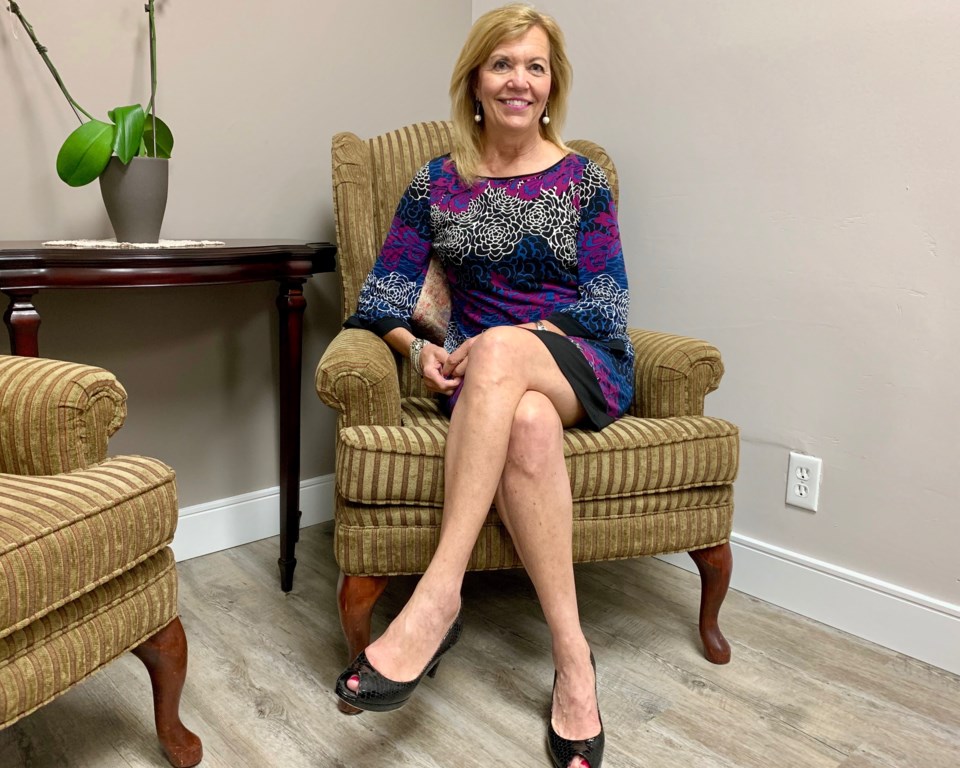Newmarket-Aurora MPP Christine Elliott said she is looking forward to a return to normalcy after a year of being Ontario's deputy premier and health minister during the first global pandemic in a century.
Elliott said she regrets how much the pandemic has required her to be away from her constituency office in Newmarket, but it couldn't be helped.
"My biggest regret is that I haven't been in my constituency office as much as I would have liked because of the businesses that we've had at Queen's Park, such as the press conferences to get information out about what we are doing to deal with COVID-19," said Elliot.
"I hope to be back in the community office and meet with people again once everyone has been vaccinated. There is a lot of work that needs to be done locally in Newmarket-Aurora."
The pandemic has been unlike anything anyone has experienced in living memory, said Elliott, and has required a response from every branch of the government with her at the centre of it.
"It's been an extremely busy year, with a lot of ups and downs. But things are looking brighter now that the vaccines have arrived," she said.
The health minister believes that the pandemic will cast a long shadow on Ontario society for quite some time.
"I think people will be wearing masks for a long time. I also think we will see changes to our usual traditions such as shaking hands, I don't think we will see that anymore," she said.
"I think we will see changes in our health-care system both for physical health and mental health. COVID-19 has required us to do many things differently. There has been nothing good about COVID-19, but some of the things we have done in-house to deal with it has been good for the overall system."
One of those things, she said, was the move toward more virtual care, something that the government had supported before the pandemic but became a necessary way for people to meet with physicians and get information during the past year.
She also said a move toward more regionalized care and the implementation of a centralized waitlist for surgeries and procedures have been positive. It spreads the number of patients waiting for their turn over more hospitals.
Elliott said she and her ministry are working on a plan to deal with the backlog of patients who saw their surgeries cancelled during the pandemic.
She is pleased with how well the rollout of the vaccination program has gone, despite some problems encountered in the process.
"It's a huge undertaking to put together to get needles into arms ... and I think it's been going very well. Over 1.3 million (first) doses have already gone into arms, and that's something we should be very happy about. But of course, we need larger volumes of vaccines so we can go faster and get more people protected."
The government is waiting for larger volumes of the three Health Canada approved vaccines to come in, said Elliott, and once they do, the number of doses could increase by three or four times.
Although COVID-19 numbers have gone down, said Elliott, Ontario is in a "race against time" to get people vaccinated and contain the virus variants.
On a personal note, Elliott said she has struggled with the limitations on seeing friends and family like most Ontarians — but the demands of her job as health minister took up much of her time anyway.
"Over and above all the issues coming from COVID-19, there was still all the normal business that doesn't just go away. So it's been extremely busy, but I have been working with a great team both from mine and other ministries to work full on all this."
"It has been a big challenge, but with challenge comes opportunities. The opportunity to improve our health-care system, which we are doing now."
Going forward, Elliott says she wants to see a thorough examination of what happened during the pandemic and what steps can be taken to be prepared for the next crisis, pandemic or not.



